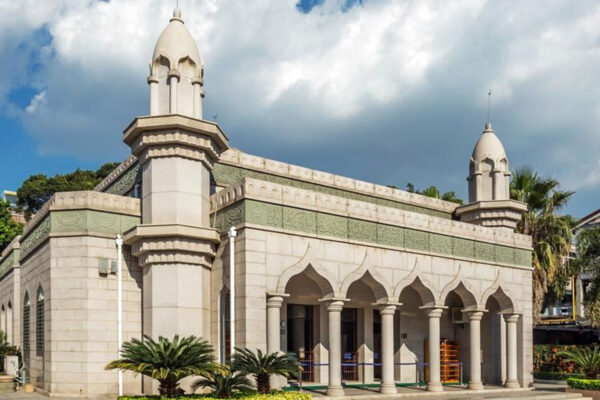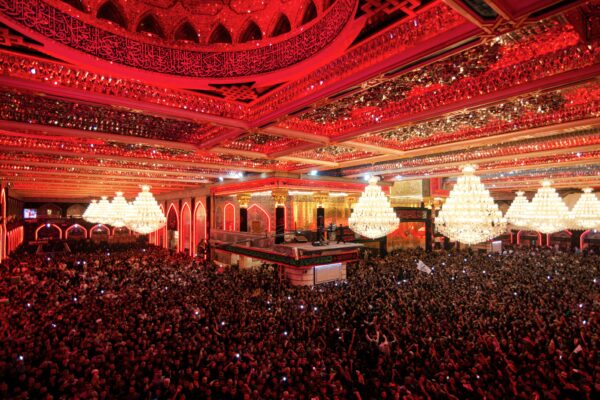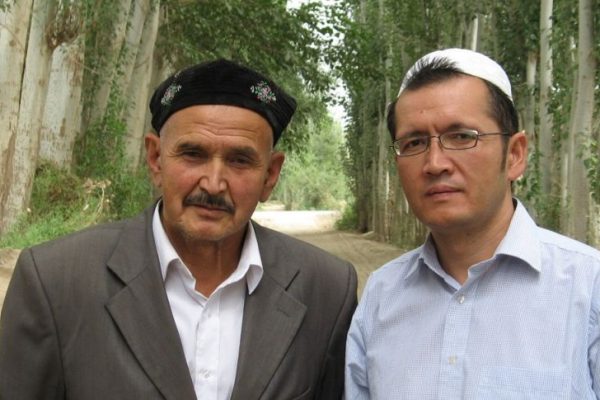Since June 2019, when Iran began to withdraw from some clauses of the nuclear agreement, headlines have been littered with sensationalist phrases, not dissimilar to the slogans banded about throughout the run up to the 2003 Iraq war. Words like ‘hijack’, ‘fanatic’, and ‘clerical establishment’ punctuate many articles on the subject, leaving little room for corroborated facts and detailed analysis.
President Trump, who in the words of ex-British ambassador Kim Darroch, has committed ‘diplomatic vandalism’ where the JCPOA (the Joint Comprehensive Plan of Action) is concerned, continues to add fuel to the fire. Furthermore, the way in which both the American and British media have engaged with the issue shows how far our preconceived notions regarding Iran have clouded our ability to understand the conflict.
Whilst this article is not an attempt to absolve the Iranian government of its human rights violations, nor of the times it has repressed its own people, it is an attempt to try and clarify the facts. Because as 2003 proved, nothing inspires reckless, spur of the moment of wars that leave millions dead and an entire country devastated like unfounded accusations of possessing weapons of mass destruction.
Iran’s historic nuclear agreement
Since the the revolution in 1979, Iranian diplomatic relations with the rest of the world have been at best, slightly strained. But over the past 40 years Iran has witnessed several changes in both ideology and politics, changes which allowed President Rouhani and President Obama, along with five other world leaders to come to the negotiating table and sign a historic nuclear agreement, the Joint Comprehensive Plan of Action.
The JCPOA limited Iran’s ability to enrich uranium and demanded the selling of existing stockpiles in return for the withdrawal of US, EU, and UN sanctions which targeted the Iranian banking and oil sector. This deal, unprecedented in modern Iranian history, demonstrated a level of multilateral co-operation that was not apparent even during President Khatami’s reformist era and heralded a new dawn in Iranian international relations, with sanctions being lifted and Tehran re-opening for business with the rest of the world.
This new dawn, however, was short lived. The 2016 US Presidential Election saw Donald Trump begin to deploy his foreign policy tactic of choice – unilateral withdrawal from international agreements (e.g NAFTA, Paris Agreement). Despite Tehran adhering to every clause of the deal, President Trump, in a somewhat desperate bid to appease his regional allies, withdrew from the agreement in 2017 and in 2018 reimposed sanctions on Iran that have economically crippled the country.
Not only has America now sanctioned Iran as a state, its Supreme Leader and its Foreign Minister, it has stated that any country that trades with Iran could be subject to similar sanctions. Therefore, despite the fact that the JCPOA is still considered valid by the remaining signatories, none of them are able to trade with the Islamic Republic. What has now emerged therefore, is a situation in which Iran is being pressured to uphold its side of the deal (which it continued to for a year after sanctions were reinstated) while the US continues to lay a modern day siege to the country, raising food prices for ordinary Iranians and targeting those most vulnerable in society.
The world’s sanctions on Iran
It would strike the average person that withdrawing from an international agreement without provocation, spearheading worldwide restrictions on Iranian trade, and attempting to dictate a sovereign states’ foreign policy is beyond the scope of what could be considered reasonable. The irrationality of the situation becomes significantly clearer when one replaces Iran with another state. Imagine, for example, that after 11 years of negotiation, America entered into a landmark agreement with the UK, later withdrawing from it unprovoked. Then, after a year, sanctioned not only Britain as a state but also froze both the Queen and Boris Johnson’s international bank accounts, and banned other states from trading with us unless we acquiesced to their every demand regarding our foreign policy.
Ordinarily, the absurdity of the situation would be unequivocal. However, years of media portrayals of Iran as a ‘fanatic’,‘clerical establishment’ has clouded our ability to think critically about the issue – to the extent that we are determined to see Iran as the aggressor in this context.
The European response depicts a similar mentality. In June 2019, after waiting a year for sanctions to be withdrawn, Iran began to slowly stop complying with some of the clauses outlined by the JCPOA, hoping that this would prompt the European signatories to find a way to circumvent US sanctions. Europe, by and large, has continued to verbally express their support for diplomacy with Iran, but in practice has done very little to keep the deal afloat.
As of 2018, Iran, Germany, France and the UK have attempted to set up INSTEX, a mechanism to bypass US sanctions and allow the participating states to trade with Iran. One year later, the mechanism has gone live, but with very little success. Ali Vaez, director of the Iran Project at the International Crisis Group, when asked about INSTEX said: “At this stage, it doesn’t even get close to becoming a meaningful mechanism for preserving humanitarian trade between Iran and Europe”. Despite this apparent failure on the European side to hold up their side of the deal, British Foreign Secretary Jeremy Hunt announced that Iranian ‘partial compliance’ is not acceptable. Thus, the expectation here is that Iran continues to hold up its end of the bargain whilst suffering under sanctions that have seen its oil exports halved and the cost of staple food items double.
It would thus appear that in this conflict, both facts and critical thinking have taken a backseat. Before Iran began to withdraw with some clauses of the agreement, President Donald Trump tweeted that Iran has ‘long been secretly enriching (uranium)’. This claim was been refuted by all credible sources, with the IAEA highlighting in May that ‘Iran has not enriched uranium above 3.67% U-235’. The international community has long since become accustomed to Trump’s ‘alternative facts’, but the precariousness of the situation must not be downplayed.
It was not so long ago that President George Bush and Prime Minister Tony Blair were on every household television, deliberately exaggerating the threat that Iraq posed. 16 years later, it is common knowledge that Saddam did not, in fact, have weapons of mass destruction. But do we really want to wait another 16 years, wage another war and see an entire generation wiped out before we hold policy makers to account on this issue? Iranian politics, much like the politics of any country, is nuanced and complicated. It would be nothing short of a disaster to see 11 years of attempted rapprochement and negotiation wasted because we refuse to let go of the Clash of Civilisations narrative that we so often use to frame discourse on the Middle East.





